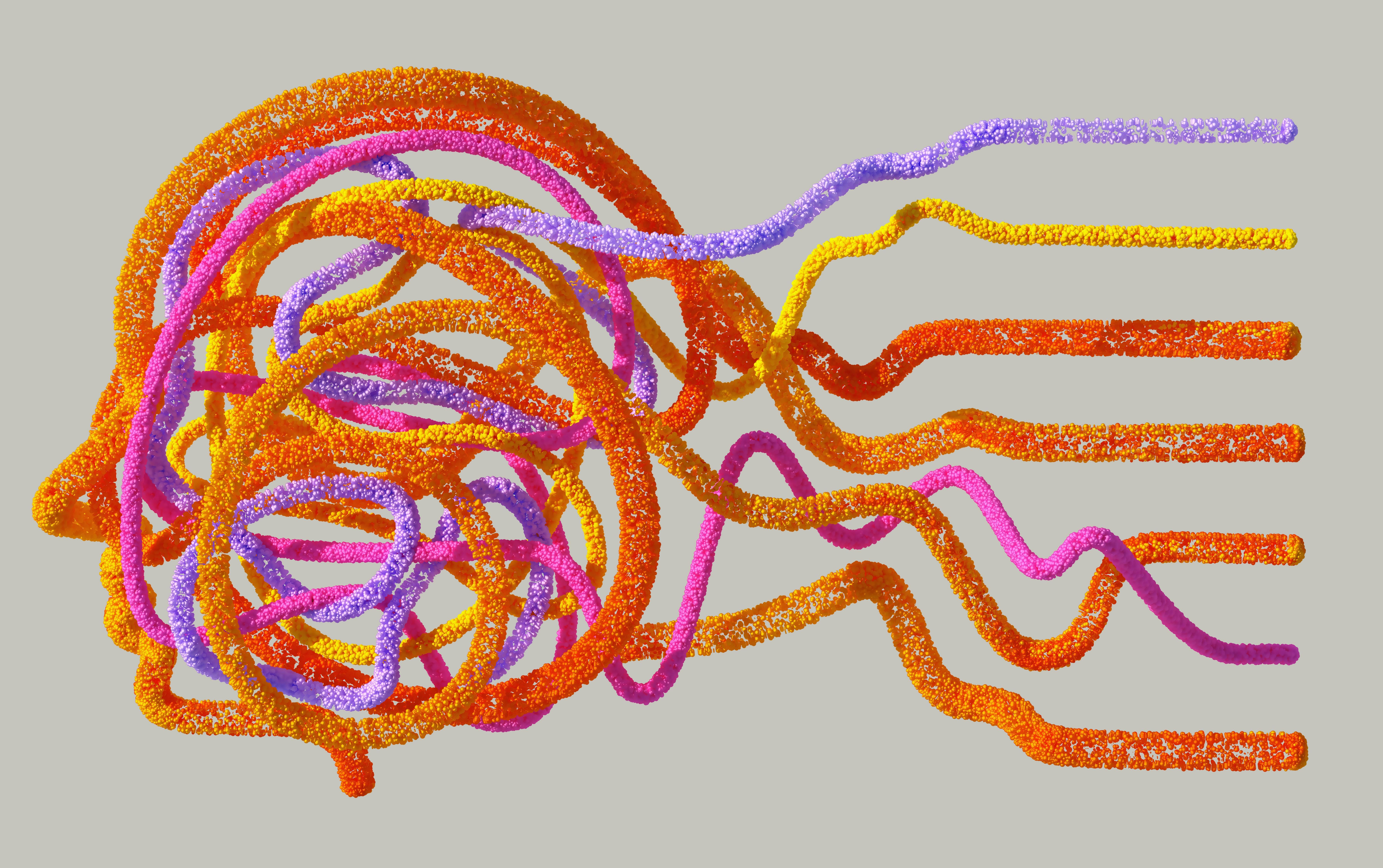Researchers Discover Capability of AI in Identifying Political Stance Based on Facial Features
Loose Change: facial recognition tech predicts politics, sort of
In the world of artificial intelligence, one study is stirring up a storm, claiming to have uncovered a surprising correlation between a person's political beliefs and their facial structure. The research, published in the renowned journal American Psychologist, has sparked controversy and raised questions about privacy and bias.
Researchers from Stanford University's Graduate School of Business shook up the scientific community with a rather unconventional theory. They attempted to deduce political leaning from the simple analysis of a person's neutral facial features. A group of 591 participants answered a questionnaire about their political beliefs, then their faces were scanned by the AI algorithm. The algorithm was remarkably accurate in its predictions about political orientation, even when accounting for variables like age, gender, and ethnicity. Interesting, right?
So, what did the researchers find when breaking down the results? Well, they decided to use terms like "smaller faces" and "shorter noses" to describe the facial features they associated with liberalism. On the other hand, conservatives supposedly have "larger faces" and "prominent chins". Sounds a little too far-fetched, eh?
Don't worry, the researchers weren't a bunch of kooks. They based their analysis on earlier studies discussing the differences in average facial outlines between liberals and conservatives. According to their research, these differences could play a role in shaping personality development.
Fast forward a bit, and the researchers had created a facial recognition database, testing their algorithm to see if it could accurately predict political orientations based on the distinctive facial characteristics associated with liberal and conservative beliefs. And, surprise, it appeared to work.
But here's the kicker - the study's findings raised red flags about the potential dangers of biometric surveillance technologies, especially in the context of online political messaging. If AI can determine a person's political leanings solely from their face, it opens a Pandora's box of ethical concerns and potential misuse.
It all sounds a bit too goofy to be true, right? That's because, well, it kinda is. After a deep dive into the research, it turns out that this study hasn't been conclusively confirmed (yet). Facial recognition technology can predict certain traits with some accuracy, but political leanings...not so much. For now, it seems the science still needs some refining before making such claims. So, ladies and gentlemen, hold on to your tiny liberal faces or big conservative ones - though there's no evidence to indicate a connection, it makes for an entertaining discussion nonetheless.
- This surprising finding in the realm of artificial intelligence sparked debates about the future of technology, affecting areas like political attributions and privacy.
- The study, which connected political orientations to facial structures, has faced considerable backlash from conservatism, advocating for cautious approach towards such tech advancements.
- While the average person might find these results questionable or far-fetched, the researchers attributed these conclusions to earlier studies distinguishing facial outlines between liberals and conservatives.
- Despite the controversy, it is essential for the tech community to engage in open discussions about the potential implications of biometric tech in the future, including the possibility of misuse and ethical concerns in decision-making processes.




